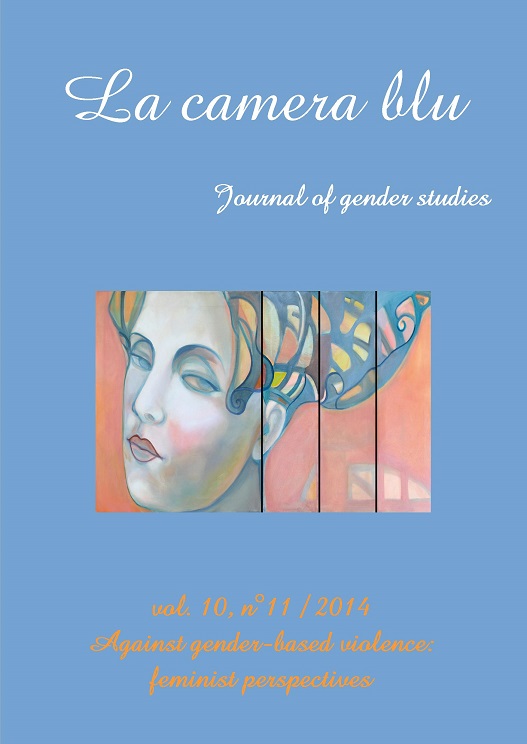Genderized words in affective worlds: Can experiences and relations prevent (trans)gender-based violence in prison?
Abstract
The following paper has been realized with regard to the (con)textual construction of violence and power in total institutions. Furthermore the affective role of relations has been investigated in order to understand how concepts, such as power and violence, are situated within the relational frame of everyday interactions. The topic of the research has been focused on transgender prisoners, detained in a special section of the female ward of the prison of Florence-Sollicciano. Interviewees with prison’s staff and MtF transgender inmates have been gathered, concerning to the way how gender identity claims in a highly institutionalized context. Qualitative analysis, adopting the software Transana, has been used in order to study the implicit sense of ideological, historical and relational meanings within discursive production. Results show that everyday interactions, such as between trans-prisoners themselves and amongst them and the penitentiary guards, increase the affective value of communication and consequently of interpersonal relations. The affective variable, therefore, becomes an important aspect, according to which interaction can be considered pragmatic and situated actions. Empowering the pragmatical and strategical value of situated relations improves not only the difficult condition of detention, but also the hard and challenging tasks a those staff-members, who work in prison every day.Downloads
Download data is not yet available.
Pubblicato
2015-03-23
Come citare
HochdornA., CottoneP., VizeuB., & BerriB. (2015). Genderized words in affective worlds: Can experiences and relations prevent (trans)gender-based violence in prison?. La Camera Blu. Rivista Di Studi Di Genere, (11). https://doi.org/10.6092/1827-9198/2970
Sezione
Femminismi postcoloniali e transnazionali
Copyright (c) 2015 La camera blu. Rivista di studi di genere

This work is licensed under a Creative Commons Attribution 4.0 International License.

Questa opera è distribuita con licenza Creative Commons Attribuzione - Non opere derivate 4.0 Unported.

